
Browse all content tagged with this keyword.
Showing 50 results
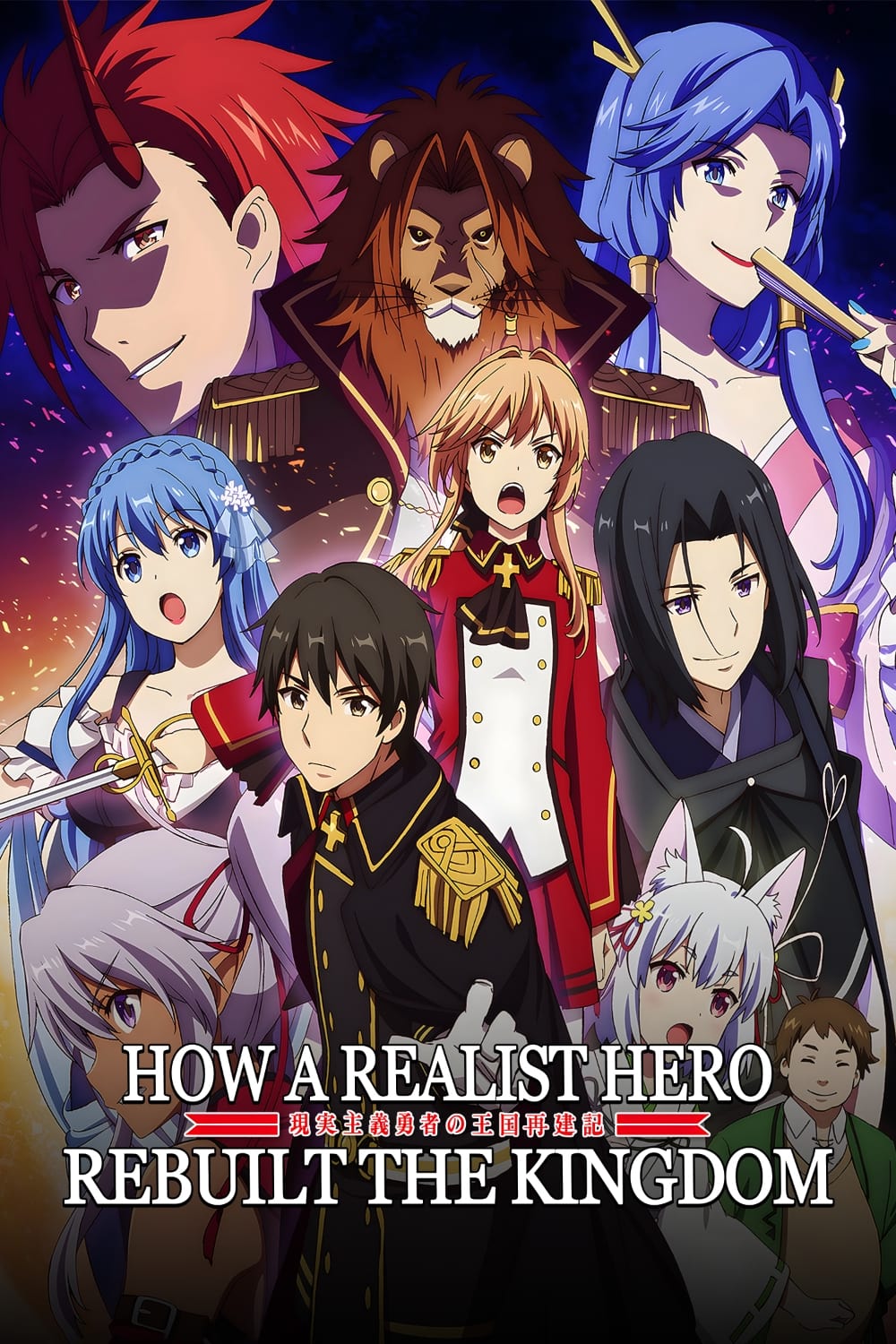
Suddenly summoned to a fantasy world and betrothed to the...
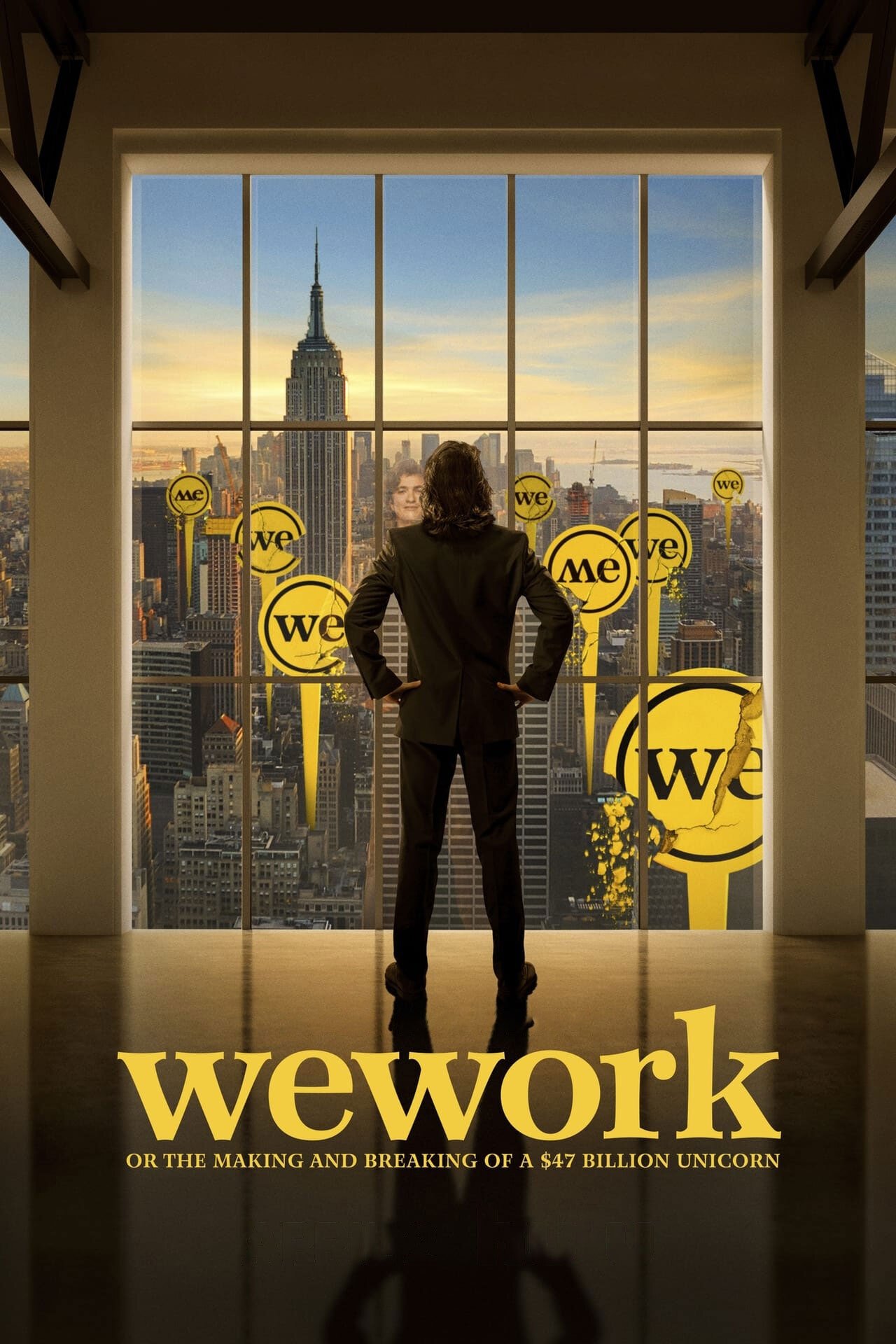
Explore the rise and fall of one of the biggest...

How did Nazi Germany, from limited natural resources, mass unemployment,...
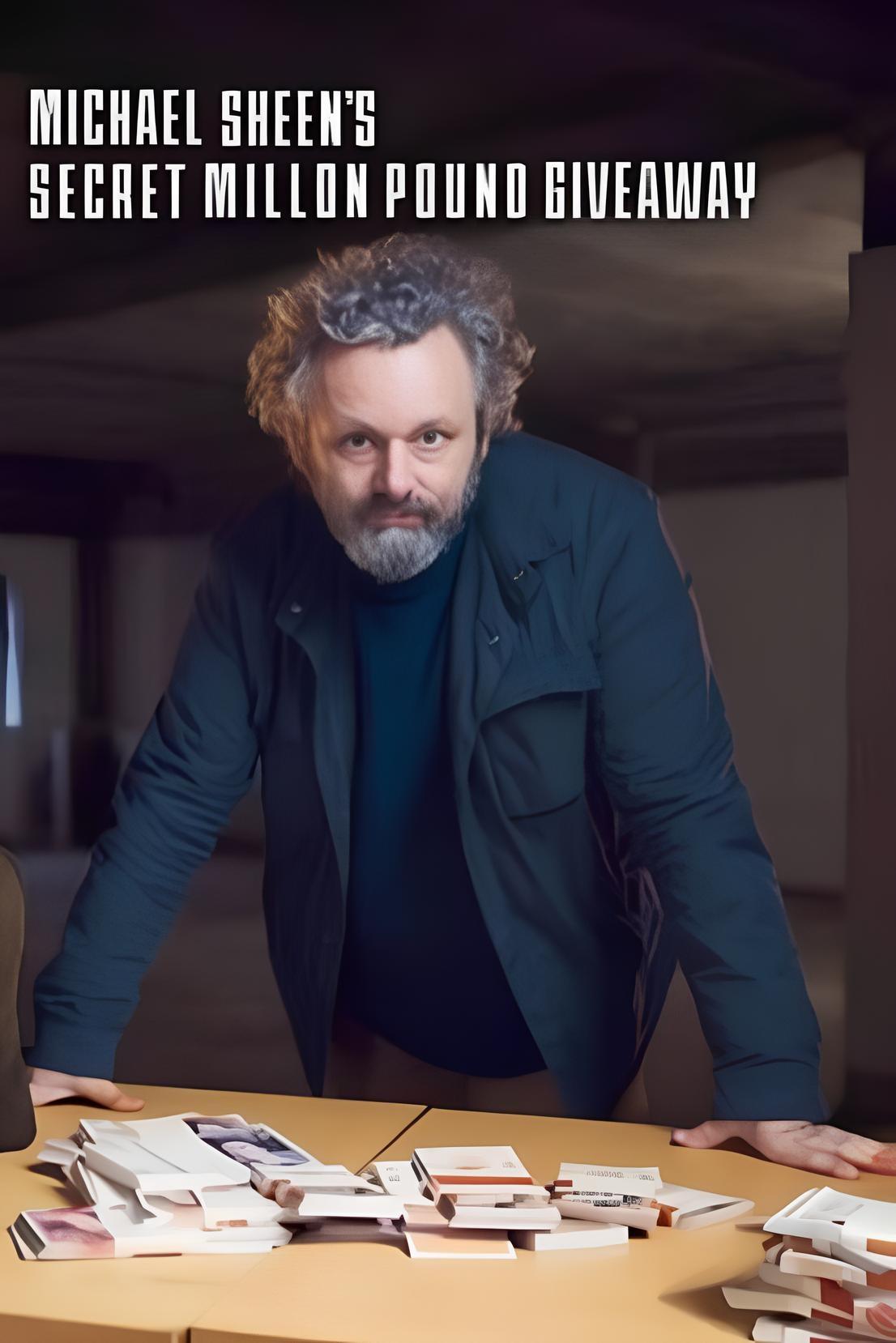
In an audacious campaign to demand better borrowing, Michael Sheen...
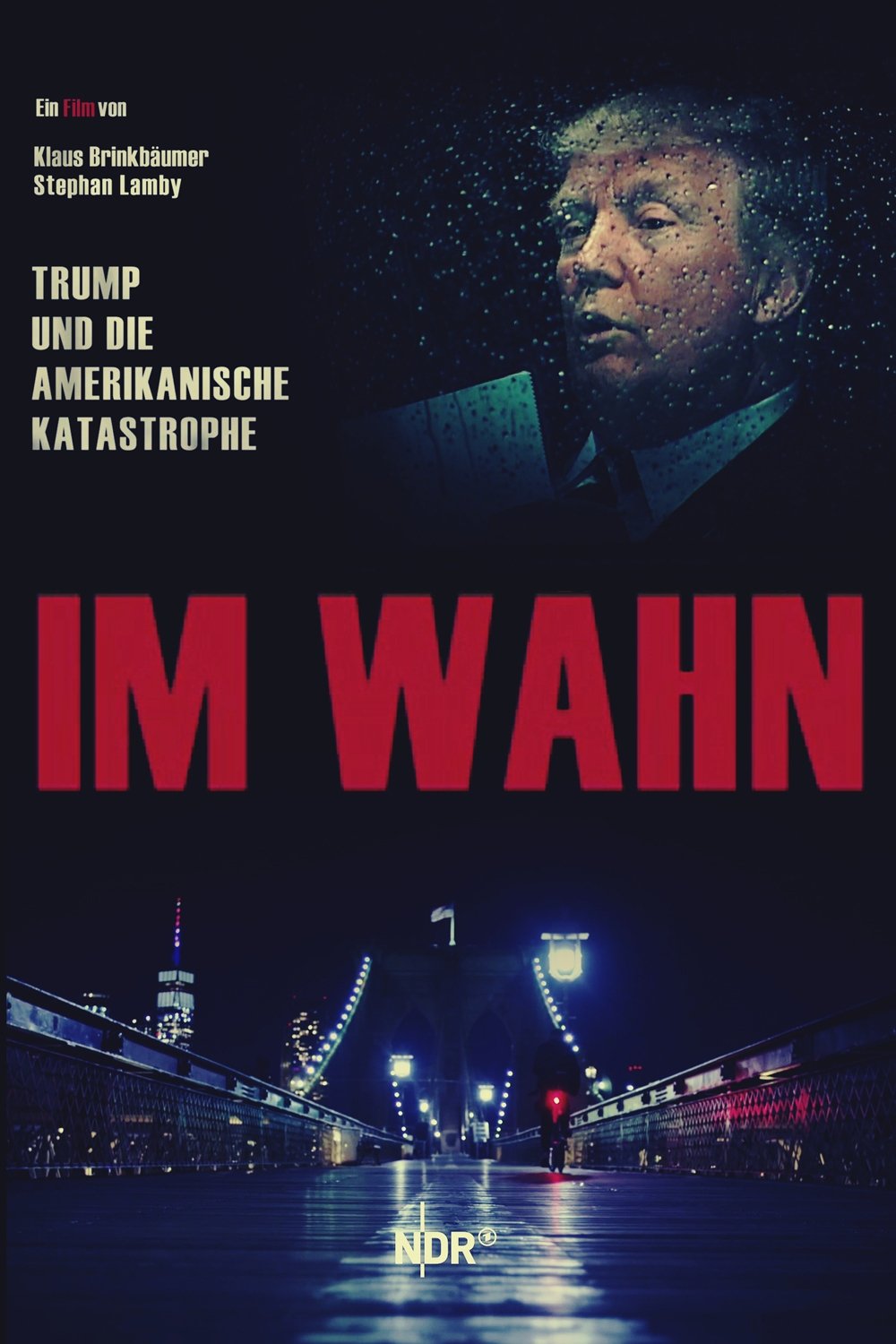
In 2020, the USA experienced a multiple catastrophe: No other...
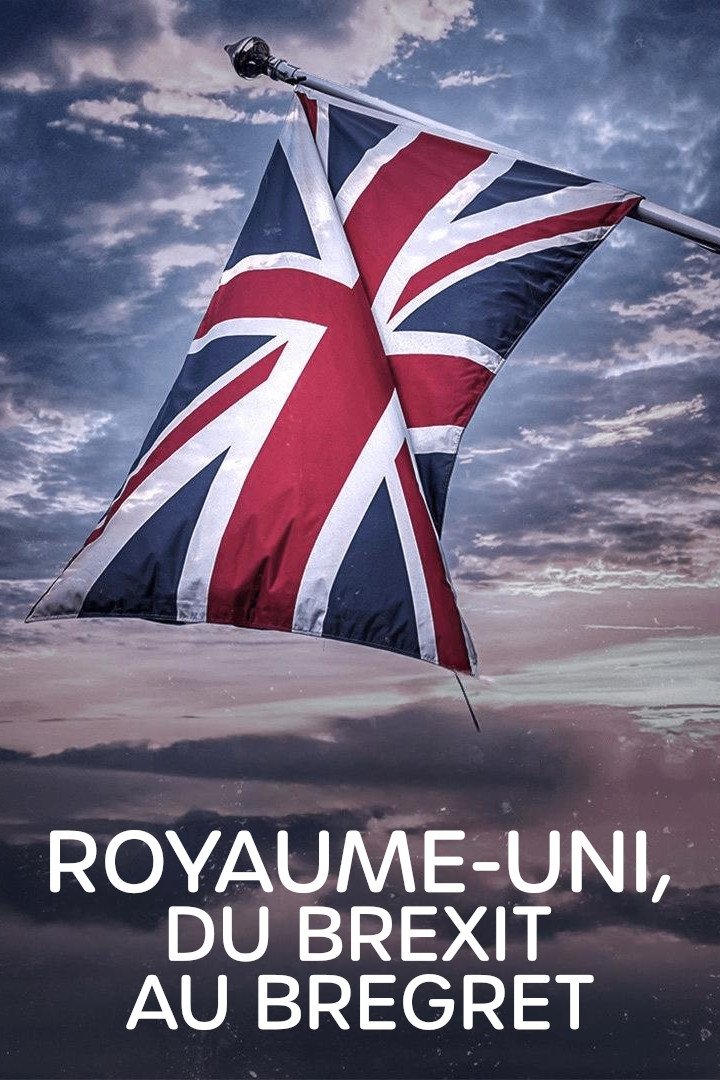
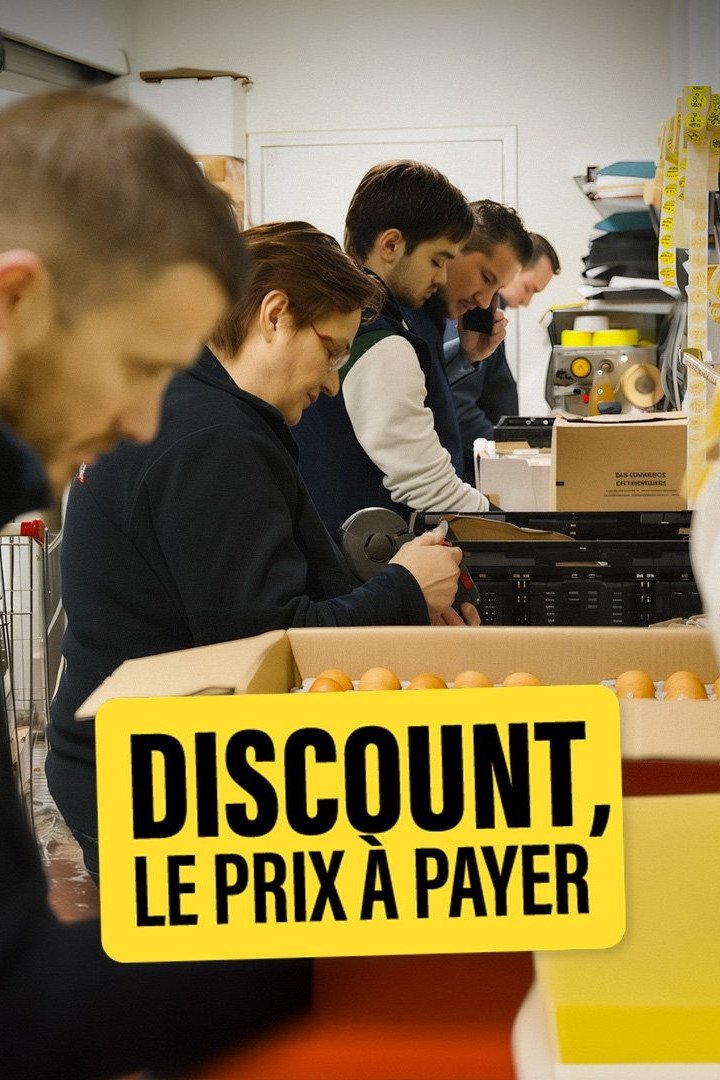

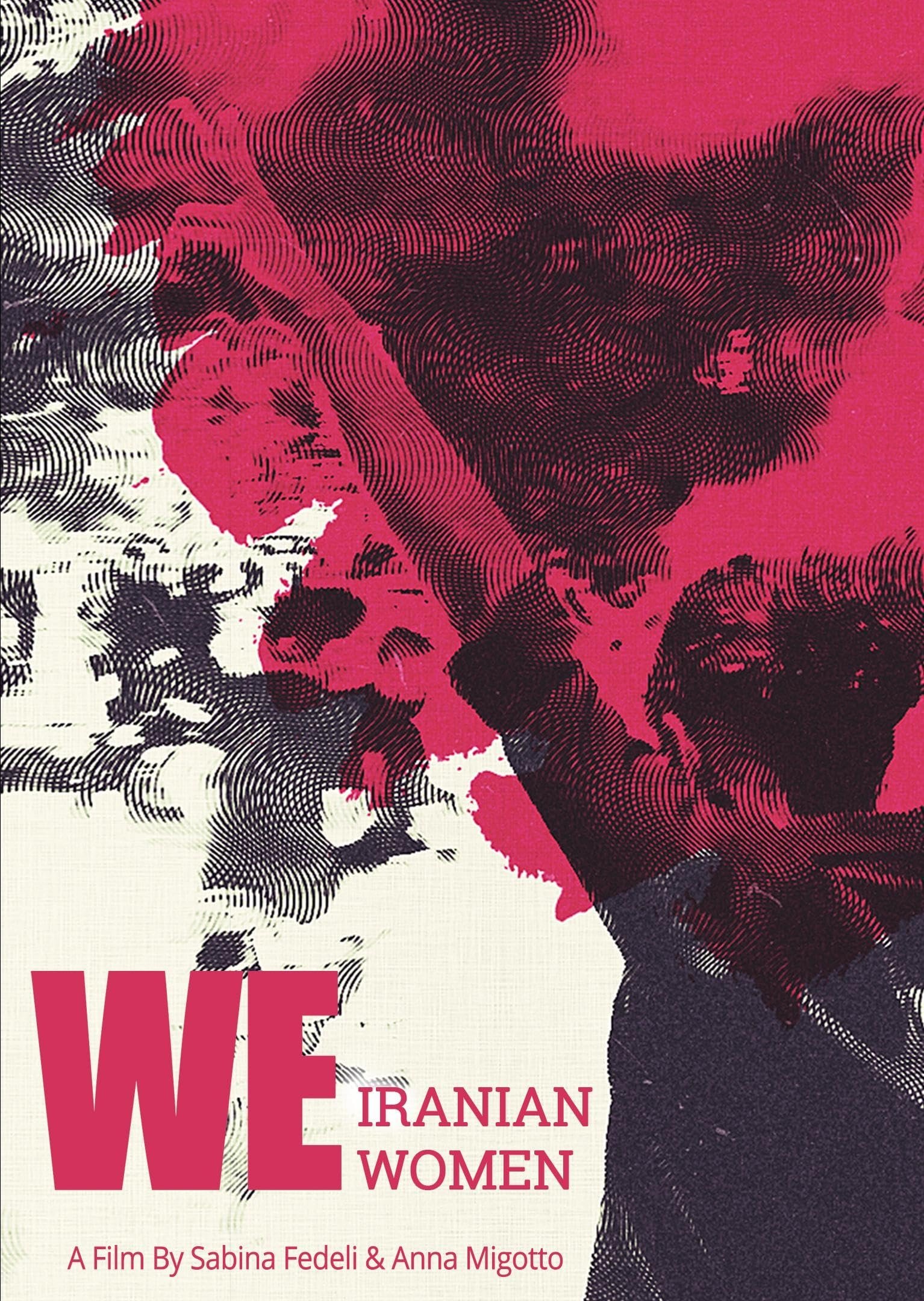
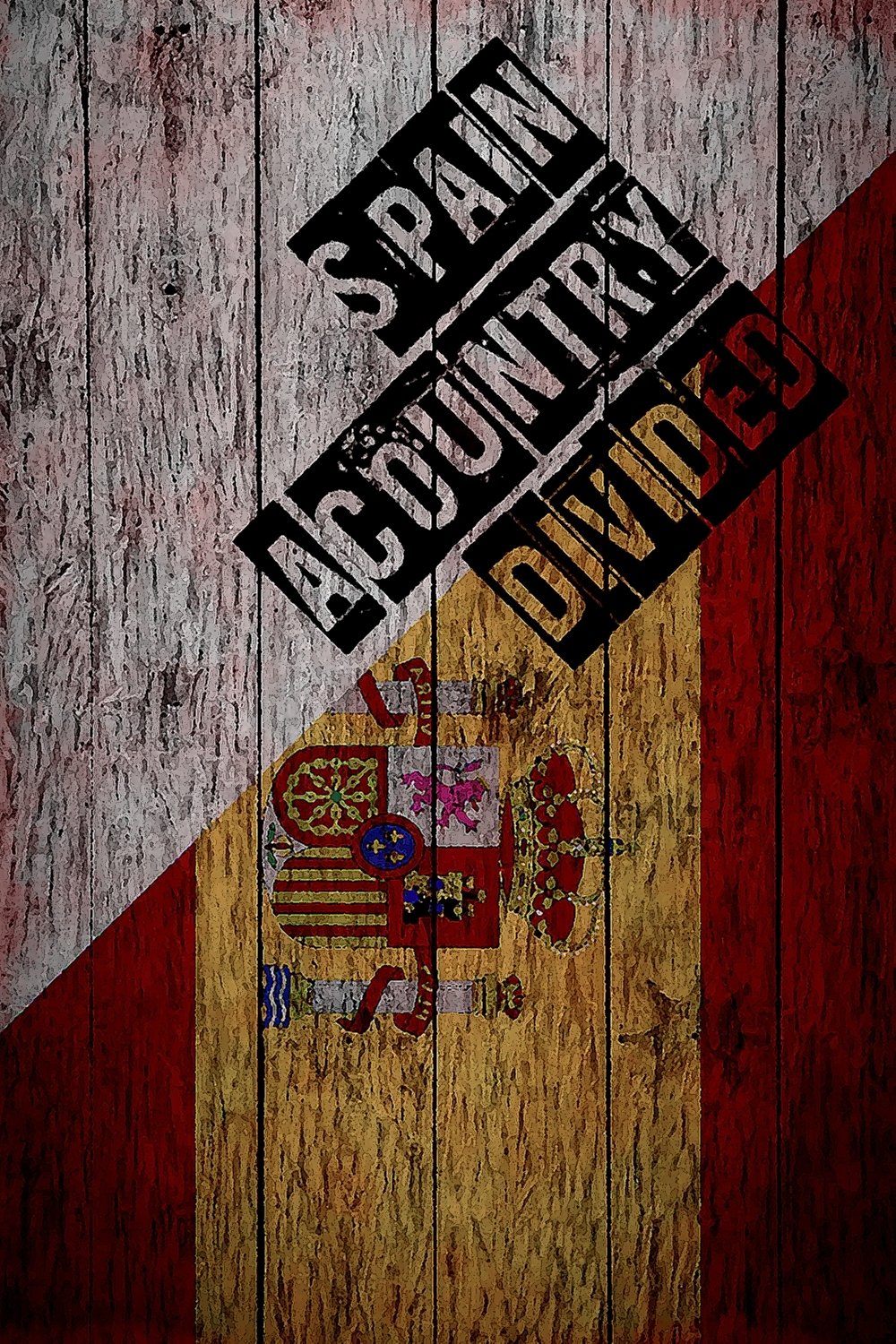
Obsessively referring to the traumas and wounds that the Spanish...
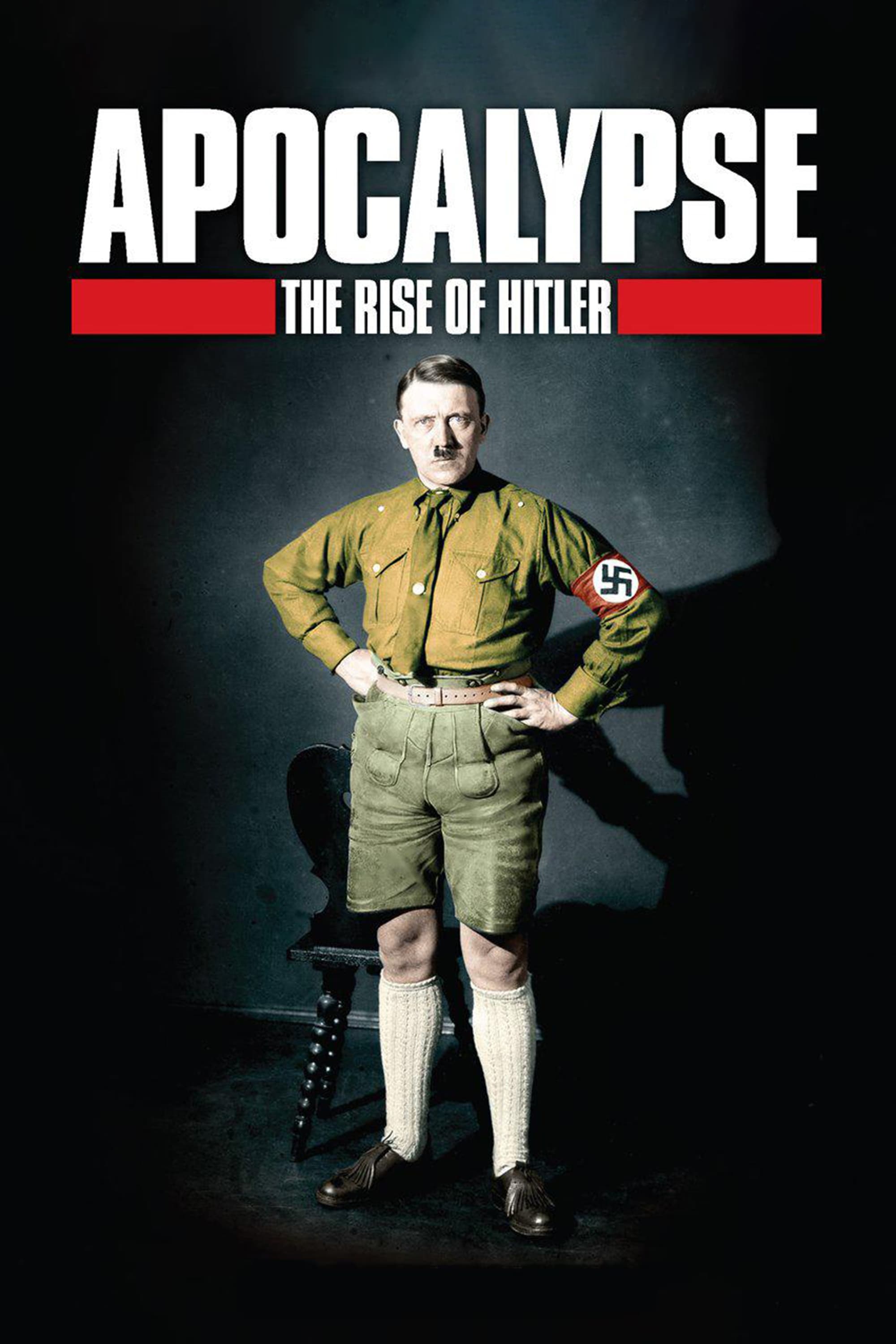
Adolf Hitler (1889-1945) was a mediocre who rose to power...
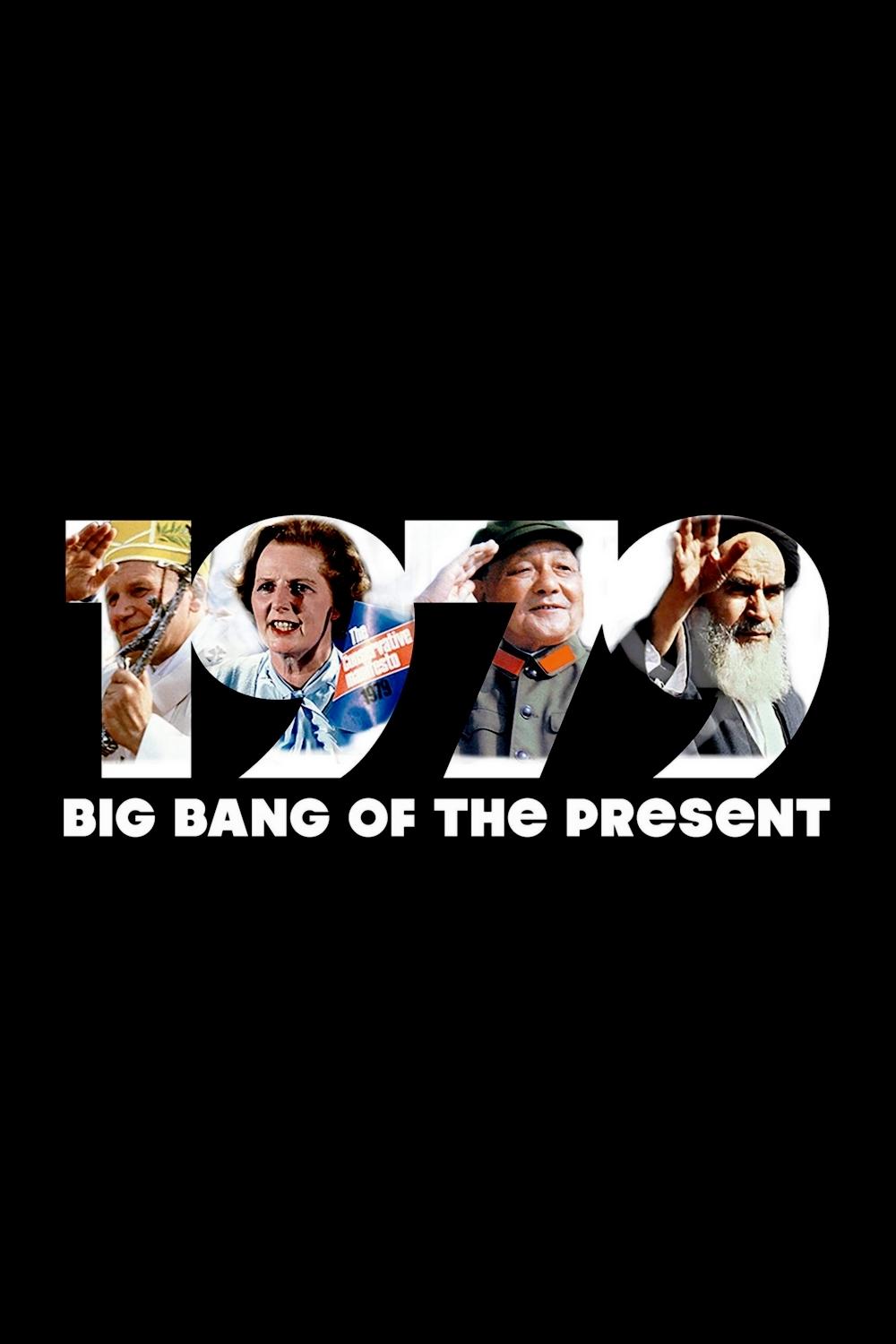
Deng Xiaoping's economic and political opening in China. Margaret Thatcher's...
